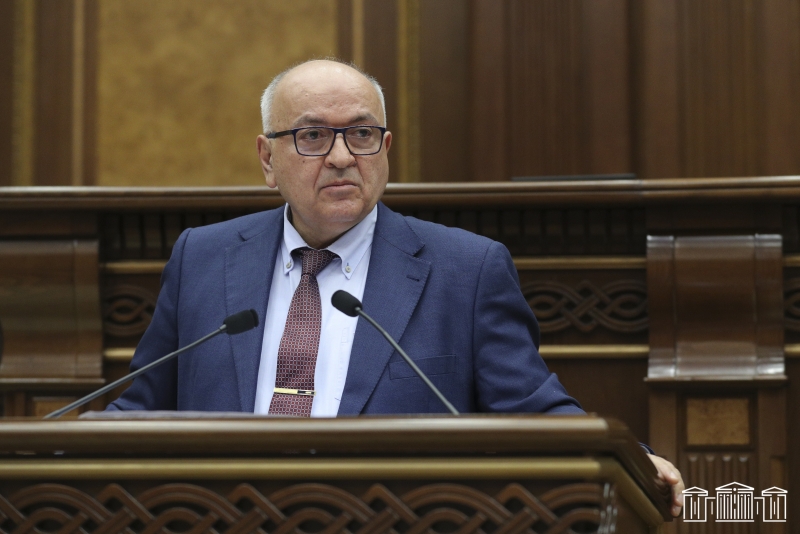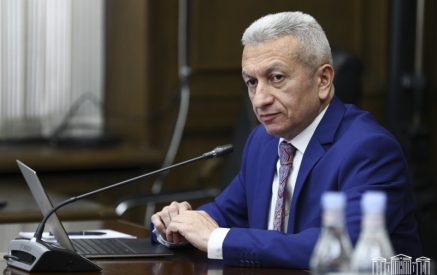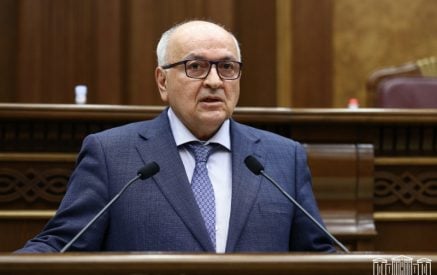With the amendments in the law on Financial Equalization, it is proposed that communities with low income potential, as well as remote, high-mountainous communities with a certain sex-age composition of the population will have the opportunity to receive more subsidies thanks to the coefficients.
According to the RA Deputy Minister of Territorial Administration and Infrastructure Vache Terteryan, it is designed that 50 million drams will be provided from the subsidy fund to the communities with a population of up to 3.500, and additional 5 million drams will be allocated to each of the border settlements of the communities.
The rapporteur answered the deputies’ questions, noting that one of the basic quantitative indicators for the distribution of equalization subsidies is the population. It was underlined that the scale of the expenses of the community to provide services is determined by the number of population and settlements. According to Vache Terteryan, subsidies, services, and fees of the local self-government system are calculated based on the number of the registered residents.
The rapporteur mentioned that the money allocated to the community budgets and fixed as own income by law is managed by the Council of Elders of the community. The additional 5 million to be allocated to the settlements will also be managed by the Council of Elders of the community. “Obviously, they will be aimed at solving problems that are specific to border settlements.”
Read also
The member of the Standing (Head) Committee on Territorial Administration, Local Self-Government, Agriculture and Environment Protection Davit Danielyan presented the endorsement of the Committee. He highlighted the presented amendments from the viewpoint of the balanced territorial development. According to the MP, there are many problems in the border settlements, and additional financial allocations will be a significant support to the communities.
At November 14 sitting, the Parliament debated and adopted the Government’s bill on Making Amendments and Addenda to the Law on Financial Equalization in the first reading.
National Assembly of the Republic of Armenia




























































